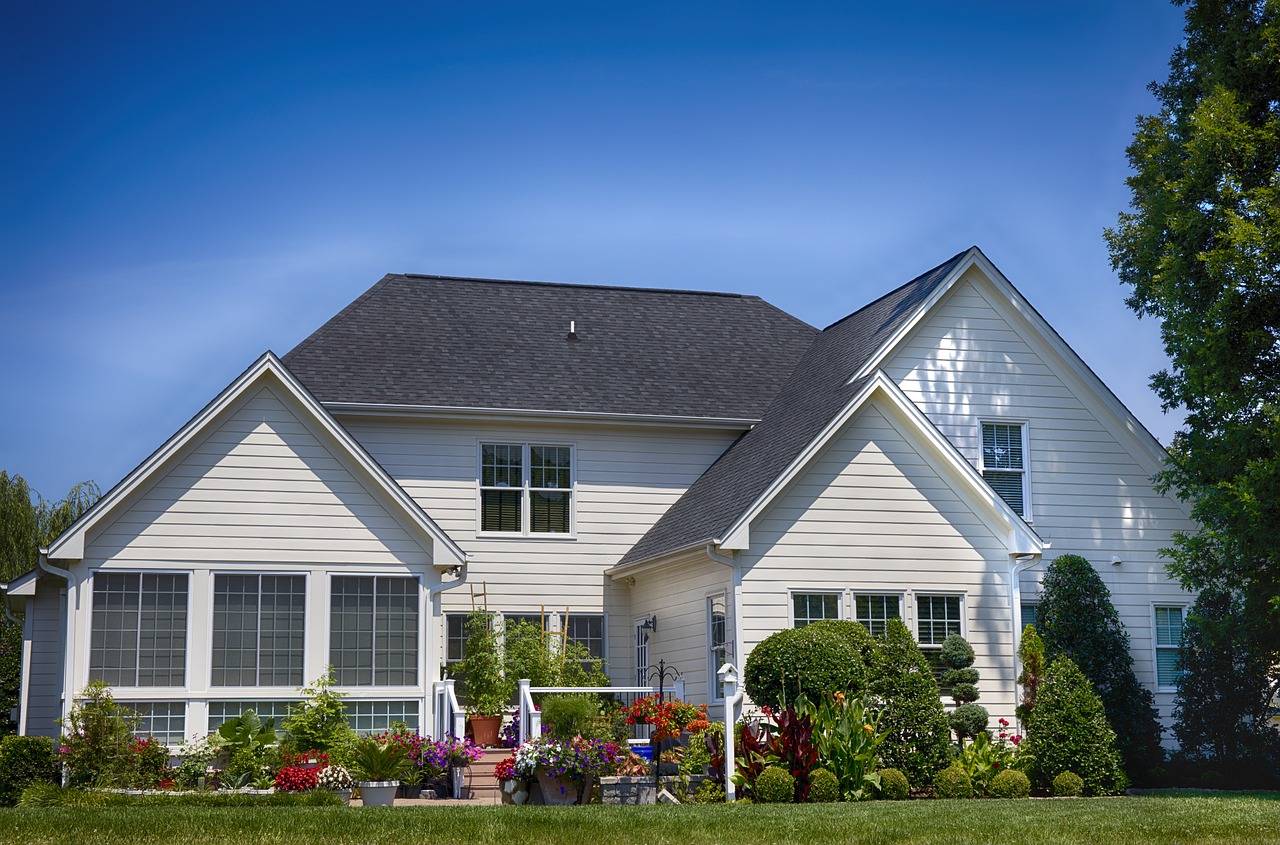Gearing up for home ownership?
Home ownership is an American dream. Buying a home in Bristow for the first time can be both an exciting and overwhelming experience.
If you’re considering buying a property in Bristow VA, you need to know if you are truly prepared for the responsibility that owning a home entails. After all, it’s more than just having a place to stay for the next few months. Having a home means taking financial responsibility for a property, committing to staying in the area for at least several years, and knowing you’ve made the right choices, from the kind of house to purchase to the location of the property and many more.
Home buying is a daunting process, and if it’s your first time, you want to be as prepared as possible.
To help minimize the mistakes and lessen the risks, check out this article from hgtv. Com.
From the moment you meet the best Realtor® in Bristow to the moment you signed to the dotted line, here are the things you need to know.
23 Things Every First-Time Homebuyer Should Know
Lesson #1: Decide location versus space before searching for a home.
Before shopping for a home, it’s important to set your priorities and decide which is more important to you: space or location. If you settle on this in advance, you can make thought-out decisions during the home-buying process and avoid the unsettling feeling of buyer’s remorse.
Lesson #2: Don’t commit before you’re ready
Owning a home is a huge commitment — and a more expensive one than some homebuyers realize.
Before buying a home, make sure you know exactly what you’re getting into so you can decide if you’re financially and personally ready for such a large commitment. In addition to your monthly mortgage payment, figure out how much you’ll be paying for property taxes, homeowner’s insurance, HOA fees and other monthly costs of owning a home.
Lesson #3: Sweat equity can save thousands
If you have the skills, the time and the patience to live with dust and debris for a while, do-it-yourself home improvement projects can save you a big chunk of cash.
Lesson #4: A down payment is never a bad investment
Putting some money down is a good idea for any homebuyer because it minimizes your risk and lets you start off with some equity.
Lesson #5: The school district will affect home value
Even if you don’t have kids, it pays to check out a neighborhood’s school district before buying a home, as living in an area with a sought-after school system raises your property value.
Lesson #6: A land survey will answer boundary questions
Before making changes to your property, it’s a good idea to find out your exact property lines. You can’t always rely on the seller’s knowledge of the property, so getting a land survey will clear up any uncertainties you have.
Lesson #7: Check building plans for the neighborhood
Before buying a home, find out if there are any building plans near your home to avoid surprises after you’ve moved in.
Lesson #8: Reserve some cash for home improvements
Always have some cash on hand. You’ll never know when you need it.
Lesson #9: Dig deeper during inspection
Ask questions. Find out why the house is being sold. Check for any leaks or problems.
Lesson #10: Continue negotiating after the inspection
If a flaw is discovered during your home inspection, use it to your advantage.
Staying under budget when buying a home gives you extra cash to add the upgrades and decor you’ve always wanted.
Lesson #11: Real estate is not a recession-proof investment
Lesson #12: Examine both financial and personal costs of buying
Buying a home can require you to make tough personal sacrifices. Before buying a home, think about what kind of personal and financial sacrifices you’ll have to make. If affording a home is a stretch right now, it might be better to wait awhile and save up more money.
Lesson #13: Read HOA documents before closing
Reading a big stack of papers may seem like a huge hassle, but carefully reviewing your HOA documents is important if you want to avoid unpleasant surprises down the road.
Before buying a home in a community with an HOA, read through the covenants, conditions and restrictions (CC&Rs), bylaws and budget and look for anything that could affect you in the future. Also, talk to residents in the neighborhood and get opinions on how well the HOA does its job.
Lesson #14: Secure financing before falling in love with a house
Lesson #15: Don’t spend every dollar you qualify for
Lesson #16: Find smart money
Clarence and Angie found their “smart money” by getting a loan through a non-profit organization that had agreements with several lenders to give first-time homebuyers affordable loans. These kinds of opportunities are out there; you just have to look for them. Remember, you still have to be underwritten by the lenders, so be prepared to show your credit history and attend classes and workshops the non-profit group organizes.
Lesson #17: Make sure renovations were professionally done
Paying close attention to the aesthetic details of a home is just as important as the structural details when going through an inspection. Oftentimes, do-it-yourself remodelers looking for a quick fix use low-quality materials that turn into a problem for future homeowners.
The key is to make sure any renovations were done by a professional contractor using quality materials that are meant to last. Inspecting details up front is very important so you don’t find yourself shelling out even more cash later on.
Lesson #18: A creative bid strategy helps ensure a good deal
Scot and Leeah used a unique approach to get a great deal on their Denver, Colo., home. By first making an offer of $300,000 on the home, then adding a contingency that they would pay $1,000 over any other competing offers up to a maximum price point of $329,000, the couple could guarantee they got the house with minimal dollars spent over the highest competing offer. Although unconventional, a creative strategy like this can be very effective in today’s market, especially when there are competing bids for the property.
Lesson #19: Don’t overlook the landscaping
Updates to the exterior of a home can add up just as quickly as the interior. If you aren’t looking to spend much more on the details once you have found a home, look for a property that already has the amenities and the landscaping that you desire.
Lesson #20: A higher price point might save money over time
After making interior and exterior renovations, many homeowners find that their budget has been stretched way beyond what they initially wanted to pay for a home. For this reason, it can be smart to adjust your price point a little to help you save money over time. By paying a little more upfront for a home that has all of the upgrades and extras you want, you won’t have to worry about paying for them down the road.
Lesson #21: Low-balling doesn’t always pay off
Justin and Sarah bought their first place in Scottsdale, Ariz., but before they finally closed the deal, they had to endure the discouraging feeling of being outbid or rejected multiple times. From the beginning, Justin and Sarah were adamant about not spending more than $240,000. Unfortunately, by looking for homes at the top of their price range but making lowball offers — plus asking sellers to contribute to their down payment and closing costs — their offers looked weak and were rejected, outbid or ignored every time.
If you find yourself incurring multiple losing bids, a change in strategy is in order. By giving a little bit, you can get a lot in return.
Lesson #22: Change a bid strategy that’s failing
Tweaking your bidding strategy can make the possibility of getting the house you want much more realistic.
You have to be smarter, faster and closer to the original asking price in order to put in a competitive bid. The offer should be strong enough to at least hit the seller’s base price. The key to remember is if you would like the sellers to do something for you, such as contributing to closing costs or the down payment, then you need to get as close to their asking price as possible.
Lesson #23: Save money for a down payment
Take some time to save money for a down payment before buying a home. Your offer will look stronger to the seller, and you’ll have more leverage during negotiations.
Read more about this article here : https://www.hgtv.com/design/real-estate/23-things-every-first-time-homebuyer-should-know













Speak Your Mind
You must be logged in to post a comment.